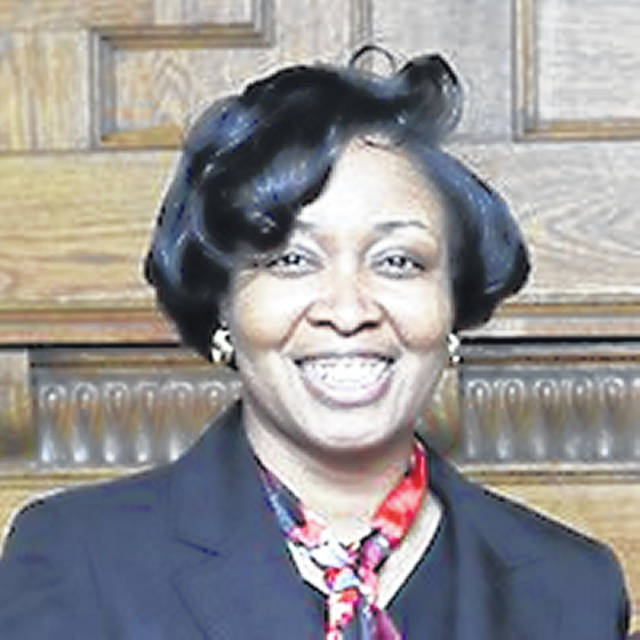The first day of December marked the 68th anniversary of Rosa Parks refusing to give up her seat to a White man on a city bus in Montgomery, Alabama. That simple but defiant rejection of the segregation laws of Southern public transportation was the catalyst to spark the Montgomery Bus Boycott in 1955. It also ushered a 26-year-old Martin Luther King Jr. into the leadership of the modern civil rights movement. In remembering Parks’ dauntless courage this month, members of the Congressional Black Caucus advocated for Congress to designate Dec. 1 as “Rosa Parks Day,” which would become the first federal holiday to honor a woman.
A federal holiday to celebrate the social justice activism of Parks, much like MLK Day, would be great considering the current fight in many Southern states to curtail the teaching of Black history, although Parks’ story is well known. Her boldness in resolutely holding to her convictions is one of many examples of what King would call our moral accountability to disobey “unjust laws” several years later in his “Letter from Birmingham Jail.”
It’s also interesting to note from history that Parks was not the first African American to be arrested on a Montgomery bus. Fifteen-year-old Claudette Colvin was arrested nine months earlier than Parks, but Edgar Nixon, president of Alabama’s NAACP state organization, believed Parks’ case would be ideal to challenge segregation laws, so a movement was galvanized. The U.S. Supreme Court declared bus segregation unconstitutional on Nov. 13, 1956, a few weeks before the boycott officially ended.
Given that Parks is often referred to as “the mother of the civil rights movement,” I do think that many people would have an interest in learning more about her, and a national holiday would inspire community events throughout the country that would provide more in-depth details about her dedication and work covering four decades of activism.
Most people know the basics of how Parks not giving up her seat helped lead to the boycott, which eventually had over 30,000 Black citizens staying off buses for 381 days due to the strategic planning of the Montgomery Improvement Association led by King. However, Parks’ participation in the civil rights struggle began long before she sat down. In 1943, Parks became the secretary of Montgomery’s local NAACP chapter and served in this role for 12 years. She and her husband, Raymond Parks, left the city in 1957 and moved to Detroit due to losing their jobs and receiving death threats. Parks continued her membership in the NAACP and became an administrative aide for Rep. John Conyers, a position she held until 1988. Some of her most inspiring as well as dangerous work for the NAACP when she was still in Montgomery was during her time as the secretary of the organization’s Alabama State Conference. Parks bravely traveled throughout the state and interviewed witnesses of lynchings when the Ku Klux Klan still terrorized much of the South.
By 1994 at age 81, Parks co-authored “Quiet Strength: The Faith, the Hope, and the Heart of a Woman Who Changed a Nation” with her attorney Gregory J. Reed. The book detailed her reflections on her life in the civil rights movement and how she leaned on God and the church to get through some of her most trying moments. One of her touching quotes was “I felt the Lord would give me the strength to endure whatever I had to face. God did away with all my fear. It was time for someone to stand up — or, in my case, sit down. I refused to move.” For me, this is one of the most significant parts of Parks’ legacy that should be celebrated. She always acknowledged that without faith in God the victories of the civil rights movement would not have been possible. Every prayer, song, testimony and Scripture provided the spiritual foundation to fight against racism and segregation.
With the current battles that are going on within Congress, especially with the House moving on its impeachment inquiry of President Joe Biden, I do not see passage for the CBC bill honoring Parks any time soon. So, we must continue to tell the story of her sacrifices along with those who persevered with her to get our country to a better place. As Parks once said, “Memories of our lives, of our works and our deeds will continue in others.”
Dr. Jessica A. Johnson is a lecturer in the English department at The Ohio State University-Lima. Reach her at [email protected] or on Twitter @JjSmojc. Her opinion does not necessarily represent the views of The Lima News or its owner, AIM Media.







